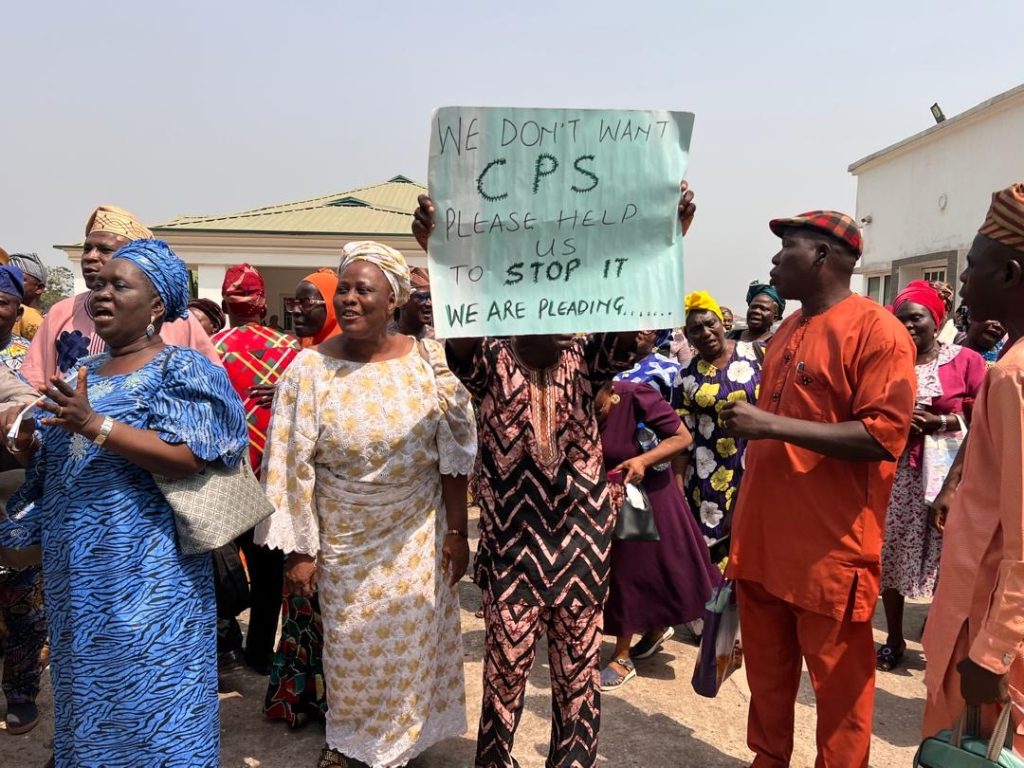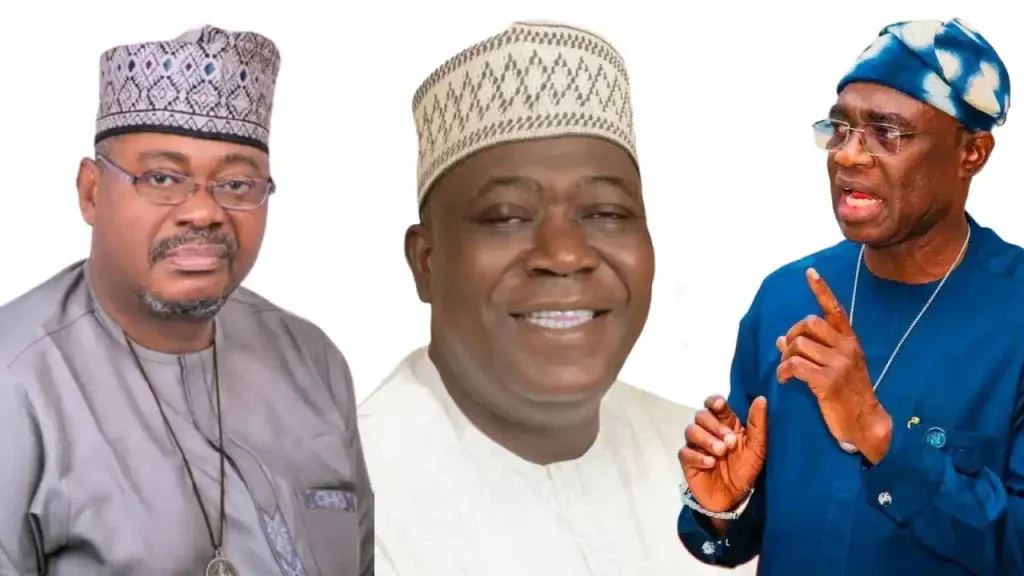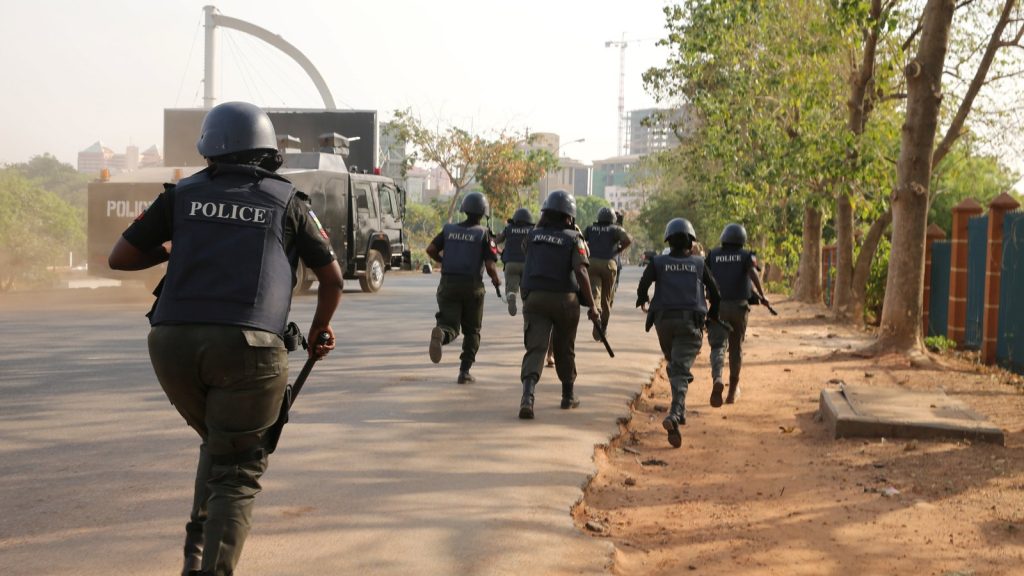The National Bureau of Statistics (NBS) has announced that it will be conducting a corruption survey to assess the Federal Government’s efforts in combating corruption. This survey, which is the third of its kind following previous surveys conducted in 2017 and 2019, aims to provide valuable insights into the state of corruption in Nigeria.
During the recent “Train the Trainers” program for the Third National Survey on Quality and Integrity of Public Services in Nigeria, held in Abuja, the Statistician-General of the Federation, Semiu Adeniran, emphasized the significance of this training in the ongoing fight against corruption. Represented by the Bureau’s Director of ICT, Biyi Fafunmi, Adeniran stated that corruption continues to be a formidable challenge in Nigeria. Therefore, the data gathered from this survey will play a crucial role in guiding the country towards a more transparent and accountable future.
It is important to note that the purpose of this survey is not to blame or single out any individual or institution. Rather, it is aimed at making a collective commitment to improving the quality of public service for Nigerians. The ultimate goal is to enhance trust between citizens and public offices, as this is a crucial element for development in any society.
The survey is being conducted in collaboration with the United Nations Office on Drugs and Crime (UNODC) and the MacArthur Foundation. This collaboration ensures that the survey is not only a policy decision tool but also strategic and timely. The results will help assess the effectiveness of the government’s efforts in tackling corruption, identify areas that require further attention, and determine priority areas for future initiatives.
Furthermore, the survey will aid in the crafting of anti-corruption policies that are better designed, targeted, and, ultimately, more effective in combating corruption within Nigerian society.
In this third round of the survey, particular focus will be placed on understanding the experiences of corruption by Nigerians rather than just perceived corruption in encounters with public officials. Additionally, two new modules on gender and disability have been introduced to the survey instrument, allowing for a comprehensive analysis of corruption’s impact on marginalized or typically excluded groups such as women, youths, and persons with disabilities.
To ensure the accuracy and reliability of the data, a test run survey was carried out in Uyo and Nasarawa as a preliminary phase before the main survey. Musa Mohammed, the Director of Demography and Household Statistics at NBS, who also serves as the Project Director, highlighted the importance of this capacity-building exercise for the state Bureau of Statistics.
As the survey progresses, the NBS remains committed to conducting a comprehensive and unbiased assessment of corruption in Nigeria. With the valuable insights gained from this survey, the government will be better equipped to strengthen its anti-corruption measures and create a more transparent and accountable nation.



